June 3 stands as one of history’s most eventful days, witnessing the rise and fall of empires, groundbreaking discoveries, and moments that shaped our modern world across centuries of human achievement.
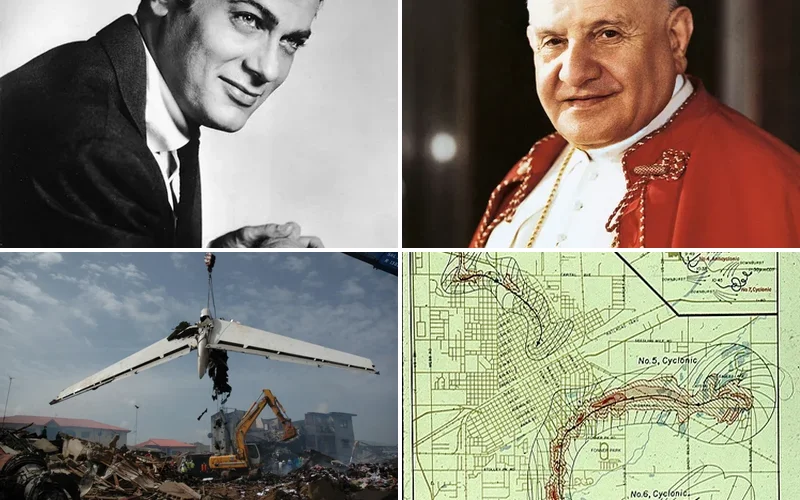
Politics and Government Events on June 3
1916 – National Defense Act Signed Into Law
President Woodrow Wilson signed the National Defense Act, dramatically expanding America’s military preparedness. The legislation increased the United States National Guard by 450,000 men amid growing global tensions.
This historic expansion reflected America’s shift from isolationism toward international engagement. The act laid crucial groundwork for the nation’s eventual entry into World War I the following year.
1989 – Chinese Government Forces Clear Tiananmen Square

Chinese military forces violently ended seven weeks of pro-democracy demonstrations in Beijing’s Tiananmen Square. Thousands of students and civilians had occupied the symbolic heart of Chinese power demanding political reform.
The government’s brutal crackdown shocked the international community and marked a turning point in China’s relationship with the West. The events of this day remain heavily censored within China to this day.
2006 – Montenegro Declares Independence
Montenegro formally declared independence from Serbia, peacefully dissolving the last remnant of Yugoslavia. The declaration followed a successful referendum where 55.5% of voters chose independence.
This historic moment marked the final chapter in Yugoslavia’s dissolution that began in the 1990s. Montenegro became Europe’s newest sovereign state, joining the United Nations later that year.
1935 – Canadian Workers Begin Protest Trek
One thousand unemployed Canadian workers boarded freight cars in Vancouver, launching the historic On-to-Ottawa Trek. These men sought direct confrontation with Prime Minister R.B. Bennett over Depression-era unemployment policies.
The protesters planned to travel 2,000 miles to demand government action on joblessness and relief camps. Their journey would become a defining moment in Canadian labor history and Great Depression politics.
1982 – Israeli Ambassador Shot in London

Israeli Ambassador Shlomo Argov was shot and severely wounded outside London’s Dorchester Hotel. The assassination attempt left him paralyzed and triggered a chain of events leading to Israel’s invasion of Lebanon.
The attack was carried out by the Abu Nidal Organization, a Palestinian militant group. This incident demonstrated how Middle Eastern conflicts extended their reach into European capitals during the 1980s.
Military and Naval History on June 3
1940 – Luftwaffe Bombs Paris
German aircraft launched devastating bombing raids on Paris during the Battle of France. The attack marked a crucial escalation in Nazi Germany’s western offensive against Allied forces.
The bombing campaign terrorized French civilians and demonstrated the Wehrmacht’s advancing momentum. Within weeks, German forces would march triumphantly down the Champs-Élysées as France fell to the Third Reich.
1941 – Wehrmacht Destroys Greek Village
German forces completely razed the Greek village of Kandanos and murdered 180 innocent civilians. This massacre represented the brutal reality of Nazi occupation in the Mediterranean theater.
The Wehrmacht’s actions constituted clear war crimes against defenseless Greek villagers. Such atrocities became tragically common as German forces implemented harsh reprisal policies throughout occupied Europe.
1942 – Japan Launches Aleutian Campaign
Japanese forces began their assault on Alaska’s Aleutian Islands by bombing Unalaska Island. This attack opened the only World War II campaign fought on American soil.
The Japanese strategy aimed to divert American attention from their main Pacific operations. The remote island chain would become the site of bitter fighting in harsh Arctic conditions.
1969 – HMAS Melbourne Collision

The Australian aircraft carrier HMAS Melbourne accidentally cut the American destroyer USS Frank E. Evans in half during joint exercises. The collision occurred off the coast of South Vietnam in pre-dawn darkness.
Seventy-four American sailors perished in the frigid waters of the South China Sea. This tragic accident highlighted the dangers faced by allied naval forces operating in wartime conditions.
1963 – South Vietnamese Forces Attack Buddhist Protesters
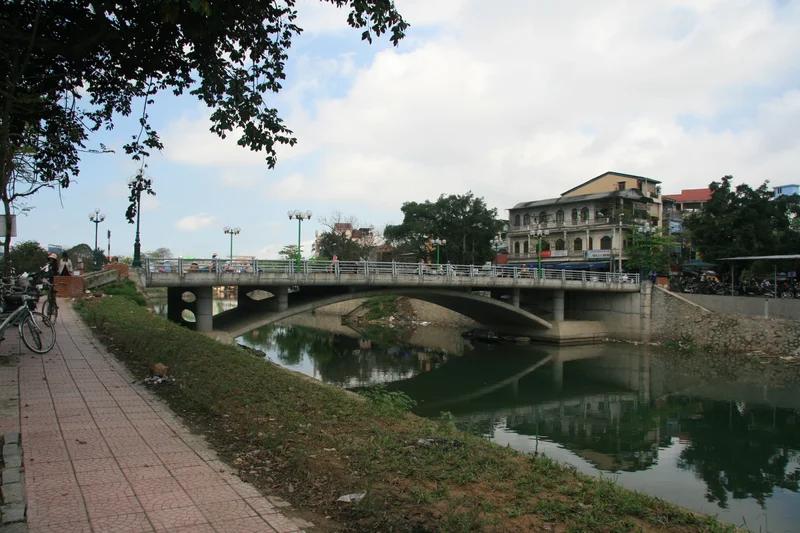
South Vietnamese Army soldiers attacked peaceful Buddhist demonstrators in Huế with chemical weapons. The assault hospitalized 67 protesters with severe skin burns and respiratory injuries.
This brutal crackdown intensified religious tensions that plagued the Diem government. The incident further eroded American confidence in South Vietnam’s leadership during the escalating conflict.
Science and Discovery Milestones on June 3
1965 – Gemini 4 Launches First American Spacewalk
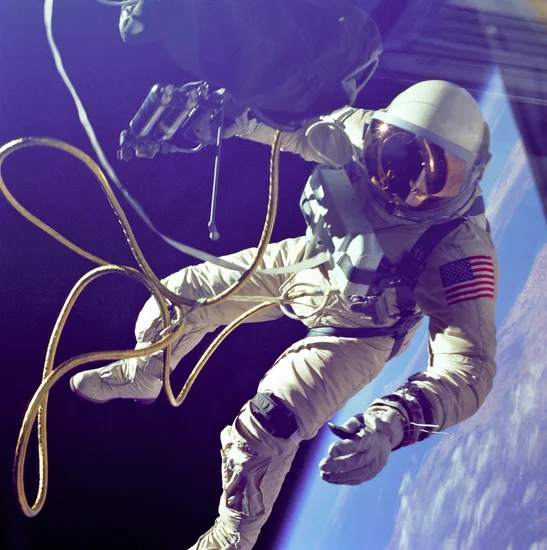
NASA launched Gemini 4, marking America’s first multi-day space mission with a two-man crew. Astronaut Ed White became the first American to perform a spacewalk, floating outside his spacecraft for 23 minutes.
White’s historic extravehicular activity demonstrated America’s growing capabilities in the space race. The mission proved that humans could survive and work in the vacuum of space for extended periods.
1950 – First Conquest of 8,000-Meter Peak

French climbers Maurice Herzog and Louis Lachenal reached the summit of Annapurna in the Himalayas. They became the first humans to conquer a peak exceeding 8,000 meters in elevation.
Their achievement opened a new era in high-altitude mountaineering and human endurance. The expedition faced extreme weather conditions and life-threatening challenges at the roof of the world.
1991 – Mount Unzen Erupts in Japan

Japan’s Mount Unzen volcano erupted catastrophically on the island of Kyūshū, killing 43 people. The victims included volcanologists, journalists, and local residents caught in devastating pyroclastic flows.
The eruption marked one of Japan’s deadliest volcanic disasters in modern history. Scientists studying the volcano paid the ultimate price in advancing our understanding of volcanic behavior.
1973 – Supersonic Passenger Jet Crashes
A Soviet Tupolev Tu-144 supersonic airliner crashed during the Paris Air Show near Goussainville, France. The accident killed 14 people and marked the first crash of a supersonic passenger aircraft.
The disaster dealt a severe blow to supersonic commercial aviation development. The crash raised serious questions about the safety and viability of civilian supersonic flight operations.
Cultural and Arts Events on June 3
1937 – Duke of Windsor Marries Wallis Simpson
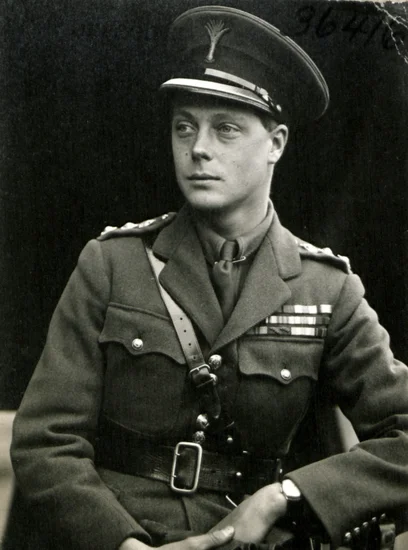
The former King Edward VIII married American divorcée Wallis Simpson in a private ceremony in France. Their wedding concluded the constitutional crisis that had rocked the British monarchy the previous year.
The marriage represented a triumph of love over royal duty and tradition. The couple’s relationship had forced Edward’s abdication, forever changing the line of succession to the British throne.
1943 – Zoot Suit Riots Begin in Los Angeles
White U.S. Navy sailors and Marines launched violent attacks against Latino youths in Los Angeles. The riots targeted young Mexican-Americans wearing distinctive zoot suits, sparking five days of racial violence.
The confrontations exposed deep racial tensions on the American home front during World War II. The riots reflected broader wartime anxieties about social change and cultural identity in American cities.
2012 – Diamond Jubilee River Pageant
Queen Elizabeth II’s Diamond Jubilee pageant took place on the River Thames in London. Over 1,000 boats participated in the largest flotilla assembled on the Thames in centuries.
The spectacular celebration honored the Queen’s 60 years on the throne. Despite heavy rain, millions of spectators lined the riverbanks to witness this historic royal milestone.
Religious and Social Events on June 3
1984 – Operation Blue Star at Golden Temple
The Indian government launched Operation Blue Star, a military assault on the Golden Temple in Amritsar. The operation targeted Sikh separatists who had fortified the holiest shrine in the Sikh religion.
The controversial operation resulted in over 5,000 casualties, mostly civilians caught in the crossfire. The assault deeply wounded Sikh communities worldwide and led to Prime Minister Indira Gandhi’s assassination months later.
1979 – Ixtoc I Oil Spill Disaster
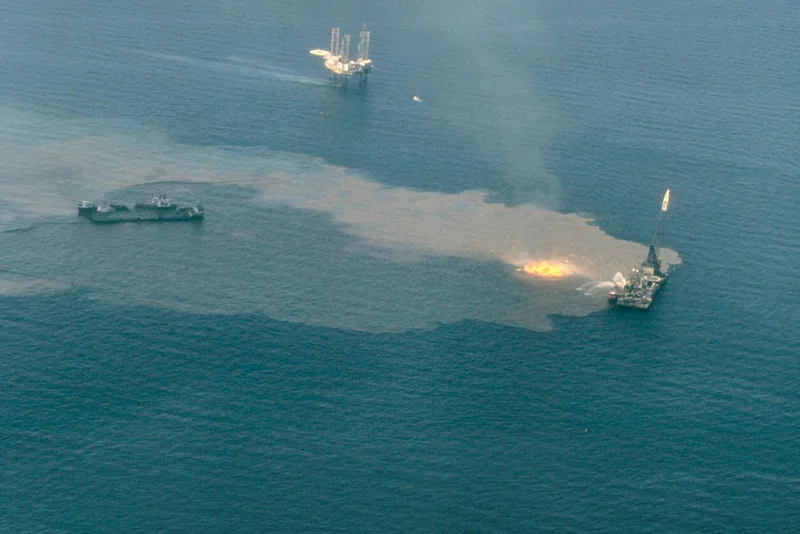
A massive blowout at the Ixtoc I oil well in Mexico’s Gulf waters created an environmental catastrophe. At least 3,000,000 barrels of crude oil spilled into the ocean over the following months.
The disaster became the second-worst accidental oil spill in history at that time. The environmental damage extended across the Gulf of Mexico, affecting marine life and coastal communities for years.
2019 – Khartoum Massacre in Sudan
Sudanese security forces and Janjaweed militiamen brutally attacked peaceful protesters in Khartoum. Over 100 civilians were killed when forces stormed a sit-in demonstration demanding civilian government.
The massacre shocked the international community and derailed Sudan’s transition to democracy. The violent crackdown galvanized opposition to military rule and sparked widespread condemnation worldwide.
Business and Economic Events on June 3
1992 – Mabo Case Recognizes Aboriginal Land Rights
Australia’s High Court delivered the landmark Mabo v Queensland decision, recognizing Aboriginal land rights for the first time. The ruling overturned the colonial legal fiction of terra nullius that had denied indigenous ownership.
Eddie Mabo, a Torres Strait Islander, had fought for years to establish his people’s connection to their ancestral lands. The decision revolutionized Australian law and opened the door for native title claims across the continent.
1980 – Grand Island Tornado Outbreak

A devastating tornado outbreak struck Grand Island, Nebraska, causing five deaths and $300 million in damage. Multiple tornadoes ripped through the agricultural community in a single evening.
The disaster highlighted the vulnerability of Great Plains communities to severe weather. The outbreak prompted improvements in tornado warning systems and emergency preparedness procedures across the region.
2013 – Jilin Province Poultry Farm Fire
A catastrophic fire at a poultry processing plant in northeastern China killed at least 119 workers. The blaze trapped employees inside the facility, making it one of China’s deadliest industrial accidents.
The tragedy exposed serious safety violations and inadequate emergency procedures at Chinese factories. The incident prompted nationwide reviews of industrial safety standards and worker protection measures.
Transportation and Infrastructure on June 3
1962 – Air France Flight 007 Disaster
Air France Flight 007 crashed at Paris Orly Airport during an aborted takeoff attempt, killing 130 people. The Boeing 707 overran the runway and exploded in a ball of flames.
The disaster marked one of the deadliest aviation accidents in French history. The crash highlighted the dangers of high-speed aborted takeoffs and led to improved runway safety protocols.
1998 – Eschede Train Derailment

A high-speed InterCityExpress train derailed near Eschede, Germany, after suffering a catastrophic wheel failure. The accident killed 101 passengers and injured hundreds more.
The disaster marked Germany’s worst railway accident in over 50 years. The tragedy raised serious questions about the safety of high-speed rail technology and maintenance procedures.
2012 – Lagos Plane Crash

A passenger aircraft carrying 153 people crashed into a residential neighborhood in Lagos, Nigeria. The Dana Air flight killed everyone aboard plus six people on the ground.
The crash highlighted ongoing safety concerns about African aviation infrastructure. The tragedy prompted increased scrutiny of airline safety standards and aircraft maintenance procedures across the continent.
Sports and Recreation on June 3
1980 – Grand Island Tornado Outbreak

A devastating tornado outbreak struck Grand Island, Nebraska, causing five deaths and $300 million in damage. Multiple tornadoes ripped through the agricultural community in a single evening.
The disaster highlighted the vulnerability of Great Plains communities to severe weather. The outbreak prompted improvements in tornado warning systems and emergency preparedness procedures across the region.
1998 – Eschede Train Derailment

A high-speed InterCityExpress train derailed near Eschede, Germany, after suffering a catastrophic wheel failure. The accident killed 101 passengers and injured hundreds more.
The disaster marked Germany’s worst railway accident in over 50 years. The tragedy raised serious questions about the safety of high-speed rail technology and maintenance procedures.
2012 – Lagos Plane Crash

A passenger aircraft carrying 153 people crashed into a residential neighborhood in Lagos, Nigeria. The Dana Air flight killed everyone aboard plus six people on the ground.
The crash highlighted ongoing safety concerns about African aviation infrastructure. The tragedy prompted increased scrutiny of airline safety standards and aircraft maintenance procedures across the continent.
Notable Births on June 3
1906 – Josephine Baker Born

Josephine Baker entered the world in St. Louis, Missouri, destined to become an international sensation. Her childhood in poverty would fuel her determination to escape through entertainment.
Baker revolutionized jazz performance in Paris and later served as a French Resistance spy during World War II. Her courage extended to the American Civil Rights Movement, where she became a powerful advocate for racial equality.
1986 – Rafael Nadal Born

Spanish tennis champion Rafael Nadal was born in Manacor, Mallorca, beginning a journey toward athletic greatness. His uncle introduced him to tennis at age three, recognizing his natural talent.
Nadal would dominate clay court tennis like no player before him, earning the nickname “King of Clay.” His fierce determination and physical style revolutionized professional tennis and inspired millions worldwide.
1925 – Tony Curtis Born
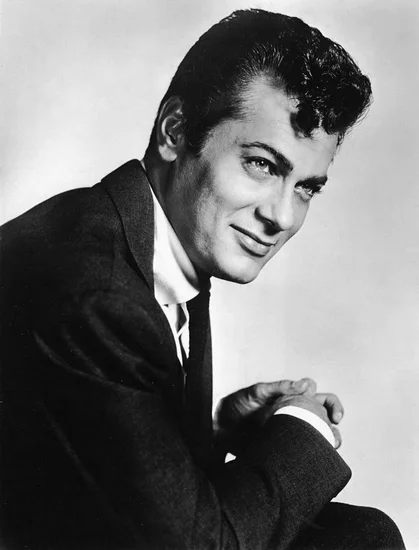
American actor Tony Curtis was born Bernard Schwartz in the Bronx, New York. His humble beginnings in a Hungarian immigrant family shaped his drive for Hollywood success.
Curtis became one of cinema’s most versatile leading men, starring in classics like “Some Like It Hot” and “Spartacus.” His charm and good looks made him a quintessential 1950s movie star.
1926 – Allen Ginsberg Born

Beat Generation poet Allen Ginsberg was born in Newark, New Jersey, to a family already steeped in literary tradition. His father Louis was a published poet and high school teacher.
Ginsberg’s groundbreaking poem “Howl” would challenge American literary conventions and social norms. His work became a rallying cry for the counterculture movement and free speech advocacy.
1951 – Jill Biden Born

Future First Lady Jill Biden was born in Hammonton, New Jersey, beginning a life dedicated to education and public service. Her commitment to learning would define her personal and professional journey.
Biden earned multiple degrees while raising a family and maintaining her teaching career. She became the first Second Lady and later First Lady to hold a paying job while serving in the White House.
1967 – Anderson Cooper Born

Television journalist Anderson Cooper was born in New York City into the prominent Vanderbilt family. His privileged background contrasted sharply with his later career covering global conflicts and disasters.
Cooper became CNN’s premier anchor, known for his fearless reporting from war zones and disaster areas. His compassionate yet professional approach to journalism earned him widespread respect and multiple Emmy Awards.
1904 – Charles R. Drew Born
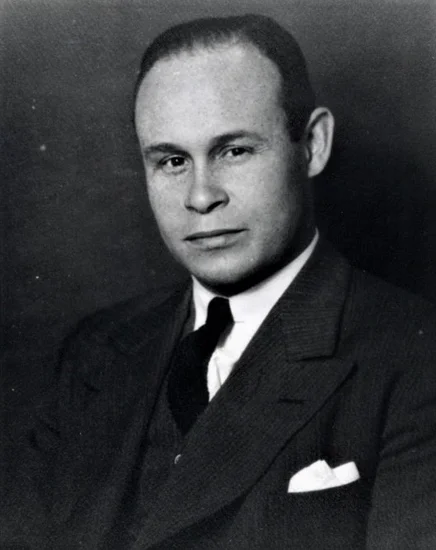
Pioneering physician Charles R. Drew was born in Washington, D.C., destined to revolutionize blood banking and transfusion medicine. His early academic excellence foreshadowed his future medical breakthroughs.
Drew’s research on blood plasma preservation saved countless lives during World War II. His work established the first large-scale blood banks, though he faced racial discrimination despite his life-saving contributions.
1931 – Raúl Castro Born

Cuban revolutionary leader Raúl Castro was born in Birán, Cuba, into a family that would reshape the island’s destiny. His older brother Fidel would lead the revolution, but Raúl provided crucial military leadership.
Castro commanded rebel forces during the Cuban Revolution and later served as Cuba’s president. His pragmatic approach to economic reform helped Cuba navigate the post-Soviet era challenges.
Notable Deaths on June 3
1963 – Pope John XXIII Dies
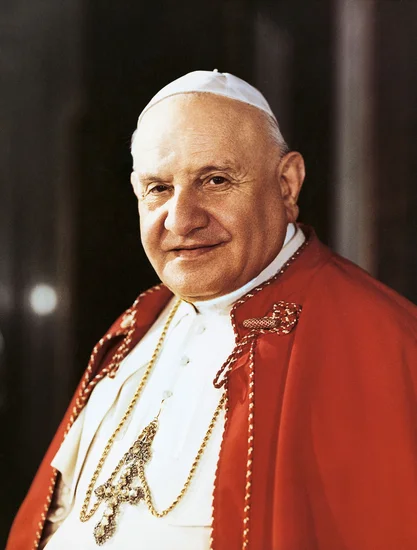
Pope John XXIII passed away at age 81, leaving an indelible mark on the Catholic Church and world history. His brief papacy from 1958 to 1963 revolutionized Catholic doctrine and practice.
The beloved pontiff convened the Second Vatican Council, modernizing the Church and improving relations with other faiths. His warmth and humility earned him the nickname “Good Pope John” and eventual sainthood.
1924 – Franz Kafka Dies
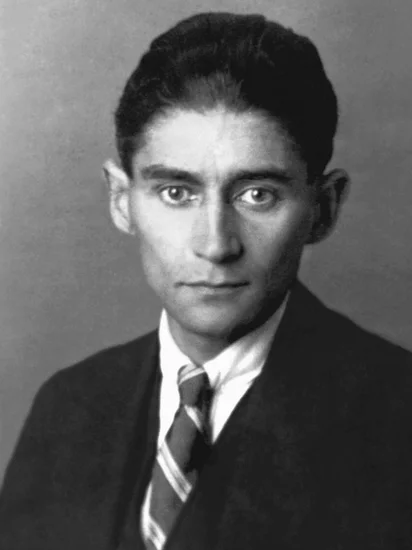
Czech-Austrian writer Franz Kafka died at age 40 in a sanatorium near Vienna. His unique literary vision would posthumously influence generations of writers and thinkers worldwide.
Kafka’s surreal narratives explored themes of alienation, bureaucracy, and existential anxiety. Works like “The Metamorphosis” and “The Trial” became cornerstones of modern literature and gave birth to the term “Kafkaesque.”
1989 – Ruhollah Khomeini Dies
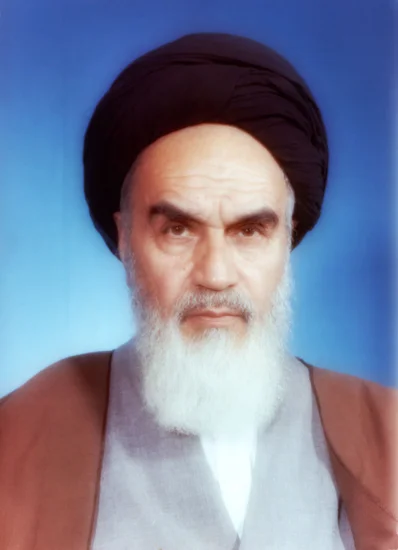
Iran’s Supreme Leader Ayatollah Ruhollah Khomeini died at age 86, ending a decade of revolutionary leadership. His death marked a pivotal moment in Middle Eastern politics and Islamic governance.
Khomeini had transformed Iran from a Western-allied monarchy into an Islamic republic. His influence extended far beyond Iran’s borders, inspiring Islamic movements throughout the Muslim world.
2016 – Muhammad Ali Dies
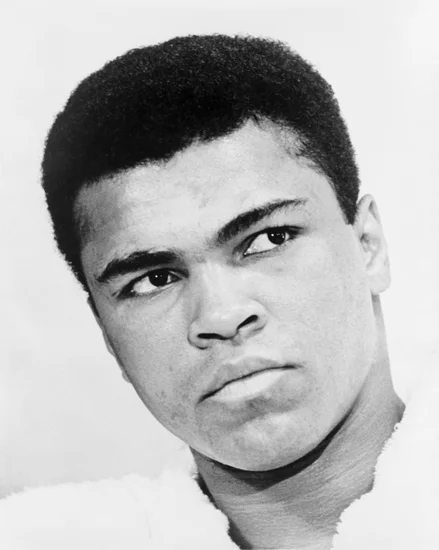
Boxing legend Muhammad Ali passed away at age 74 in Scottsdale, Arizona, after a long battle with Parkinson’s disease. The three-time heavyweight champion had transcended sports to become a global icon.
Ali’s courage in opposing the Vietnam War cost him his prime fighting years but elevated him to moral leadership. His athletic brilliance combined with social activism made him “The Greatest” both inside and outside the ring.
1963 – Nâzım Hikmet Dies
Turkish poet Nâzım Hikmet died in Moscow at age 61, having spent his final years in exile. His revolutionary poetry and political activism had made him a target of Turkish authorities.
Hikmet’s work blended romantic lyricism with Marxist ideology, creating a unique voice in world literature. His imprisonment and exile transformed him into a symbol of artistic resistance against oppression.
1977 – Roberto Rossellini Dies
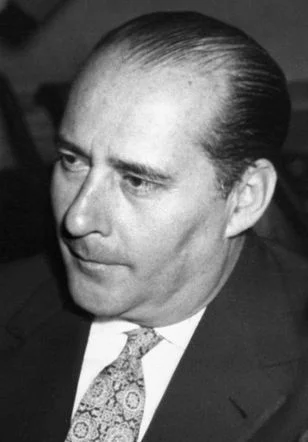
Italian filmmaker Roberto Rossellini died at age 71, leaving behind a revolutionary cinematic legacy. His neorealist films had redefined post-war European cinema and influenced directors worldwide.
Rossellini’s “Rome, Open City” and “Bicycle Thieves” captured the harsh realities of war-torn Italy. His documentary-style approach and use of non-professional actors created a new cinematic language.
2010 – Rue McClanahan Dies

American actress Rue McClanahan passed away at age 76, best remembered for her role as Blanche Devereaux on “The Golden Girls.” Her portrayal of the Southern belle brought joy to millions of viewers.
McClanahan’s career spanned decades of television and theater, but her work on the groundbreaking sitcom about aging women became her lasting legacy. The show addressed serious issues with humor and grace.
2011 – Jack Kevorkian Dies
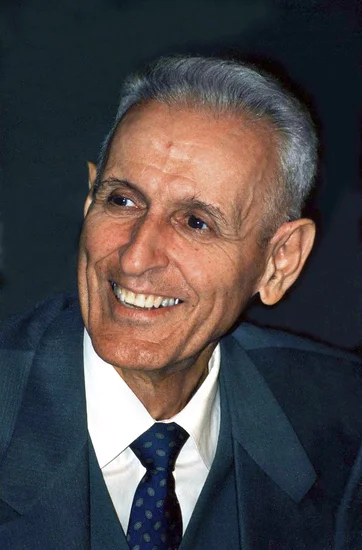
Controversial physician Jack Kevorkian died at age 83, having spent his final years advocating for physician-assisted suicide. His campaign for “death with dignity” sparked national debates about medical ethics.
Kevorkian claimed to have assisted in over 130 deaths, earning him the nickname “Dr. Death.” His legal battles and imprisonment brought end-of-life issues into the American mainstream consciousness.
Holidays and Observances on June 3
Martyrs’ Day (Uganda)
Uganda commemorates Martyrs’ Day in honor of 23 Anglican and Catholic converts executed between 1885 and 1887. These Christians faced persecution under Kabaka Mwanga II for refusing to renounce their faith.
The martyrs’ sacrifice helped establish Christianity’s foundation in Uganda and across East Africa. Their feast day reflects the intersection of religious devotion and African cultural identity.
World Bicycle Day

The United Nations designated June 3 as World Bicycle Day to promote cycling as sustainable transportation. This global observance celebrates the bicycle’s role in environmental protection and public health.
Communities worldwide organize cycling events, advocacy campaigns, and educational programs. The day emphasizes bicycles’ accessibility, affordability, and environmental benefits for urban transportation.
Mabo Day (Australia)
Australia observes Mabo Day to commemorate the landmark 1992 High Court decision recognizing Aboriginal land rights. The day honors Eddie Mabo’s legal victory that overturned terra nullius doctrine.
This observance promotes reconciliation between indigenous and non-indigenous Australians. Schools and communities use the day to educate about Aboriginal history and ongoing land rights issues.
